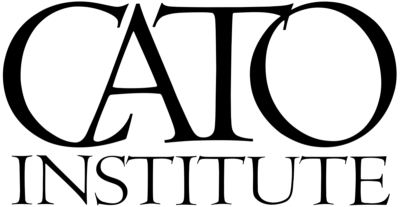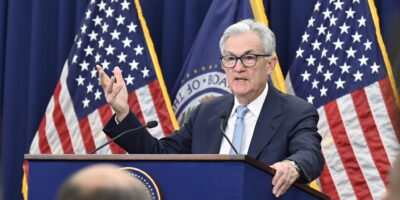Recap of the 32nd Cato Monetary Conference
On November 6th, The Cato Institute in Washington DC held the 32nd Cato Monetary Conference. Last year, the topic of the conference was an assessment of the 100 years of the Fed. This year, the theme of the conference was about proposals and possibilities of institutional and monetary reforms and the whole Sound Money Project team was there. In this link you can find the schedule of the event. Judy Shelton, project co-director off the Sound Money Project was one of the featured panelists along with Senior Fellow Jerry Jordan. I want to summarize and briefly comment on key issues for those who are interested on an overview of the topics covered.
The four panels were as follows:
Panel 1: The Bitcoin Revolution
o Kevin Dowd
o Lawrece H. White
o Bennett T. McCallum
Panel 2: Changing the Monetary Regime: Constitutional and Regulatory Issues
o John A. Allison
o Edwin Vieira Jr.
o Walker F. Todd
Panel 3: The Role of Gold in a Market Based Economy
o Jerry L. Jordan
o George Selgin
o Nathan Lewis
Panel 4: The Path to Fundamental Reform
o Gerald O’Driscoll Jr.
o Judy Shelton
o Norbert Michel
The first panel was not very favorable for the future of Bitcoin as a potential replacement to actual monetary systems. Besides the issue that the Bitcoin design, shared by most other crypto-currencies, is focused on fixing the supply of currency rather than the purchasing power (more precisely, money supply should match changes in money demand), Kevin Dowd raised the issue of economies of scale. Given the Bitcoin protocol design, there are incentives for miners to collude, benefit from economies of scale, and this implies the possibility of having a supplier (or group behaving as one) acquiring 51% of the Bitcoin market. During the Q&A the moderator told the audience that the Bitcoin community is discussing the possibility of changing the code to amend these two shortcomings in its design.
In the second panel Vieira strongly argued that the Fed institutions is unconstitutional. According to Vieira himself, this would been informally acknowledged by Judged from the Supreme Court. Certainly nothing will be done about this for two reasons: (1) no one knows how to dismantle the system and (2) nothing guarantees that if this issue is sent to Congress, the solution would be better than the problem in the first place. Vieira suggested that there are rights granted by states constitutions that allow for monetary activities to take place beyond the Fed’s sphere and that could be a way to start moving for a change.
In the third panel Selgin talked about a conceptual difference between what might be called market gold standard and state gold standard. It is, according to Selgin, when central banks seize the power to become the monopolistic supplier of convertible banknotes that gold standard, properly understood, ceased to exist. This occurred before World War I, wish is when international state gold standard ceases to exist de facto. This is one of the reasons why to return to a gold standard regime (leaving for now aside the question of whether or not that is preferable) is so troublesome. It is not only the need to have several major countries returning to the state gold standard together, is the instability that central banks impose to the system by their mere presence.
The fourth panel was about more specific proposals of institutional reforms. O’Driscoll suggested a private committee that of experts to develop a specific proposal of monetary reform (maybe a project for the new Cato monetary centered being directed by Selgin?). Michel gave a similar presentation, but with some specific suggestions rather than an open ended committee. He divided his reforms between those that are easy to do and those that would require more time and political negotiation.
Judy Shelton offered what might been the more concrete proposal to move from actual fiat currencies into a gold standard. She suggests that the Treasury should issue bonds payable in either dollars or gold at the option of the bondholder. Ideally, this proposal would be imitated by other major countries (for instance China) to constraint the temptation on governments to default their promise to deliver gold. This might a first step to change the money market and made a transition to gold or improve the quality of fiat currencies. Note that even though the dollar notes are not convertible into gold, Treasury bonds are. A limit to debt, and a pressure on the Fed to offer a good quality money that would make bondholders chose dollars instead of gold are the incentives in place. During the Q&A, O’Driscoll, former VP and economic adviser of the Federal Reserve at Dallas, suggested that an audit should be run on the Treasury’s claimed gold inventories.










